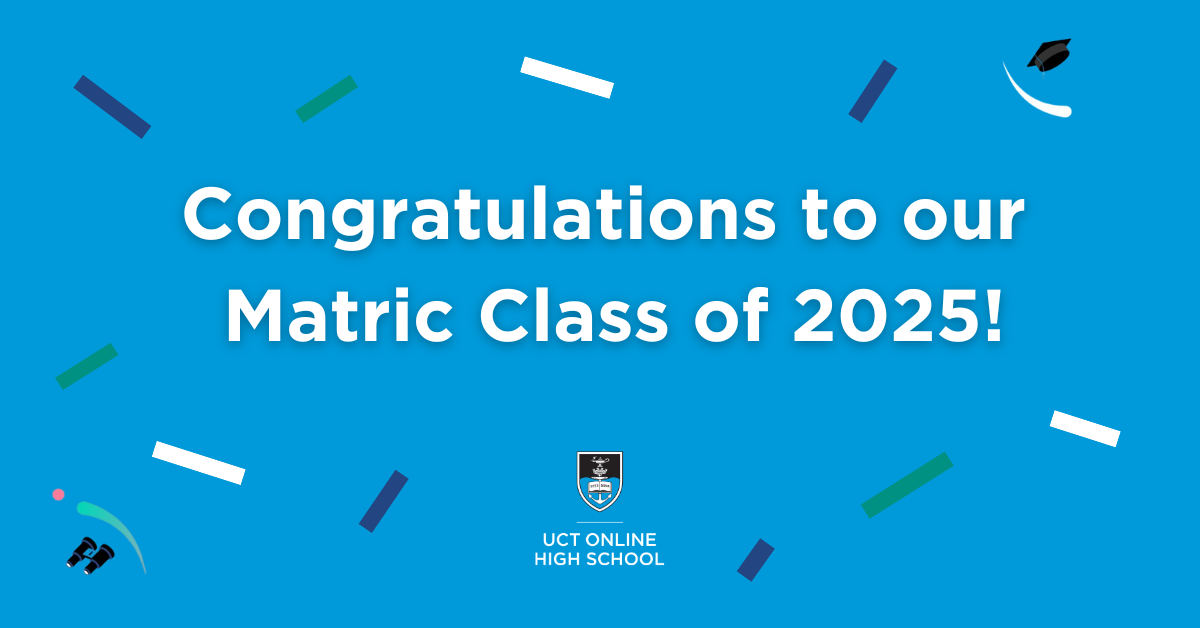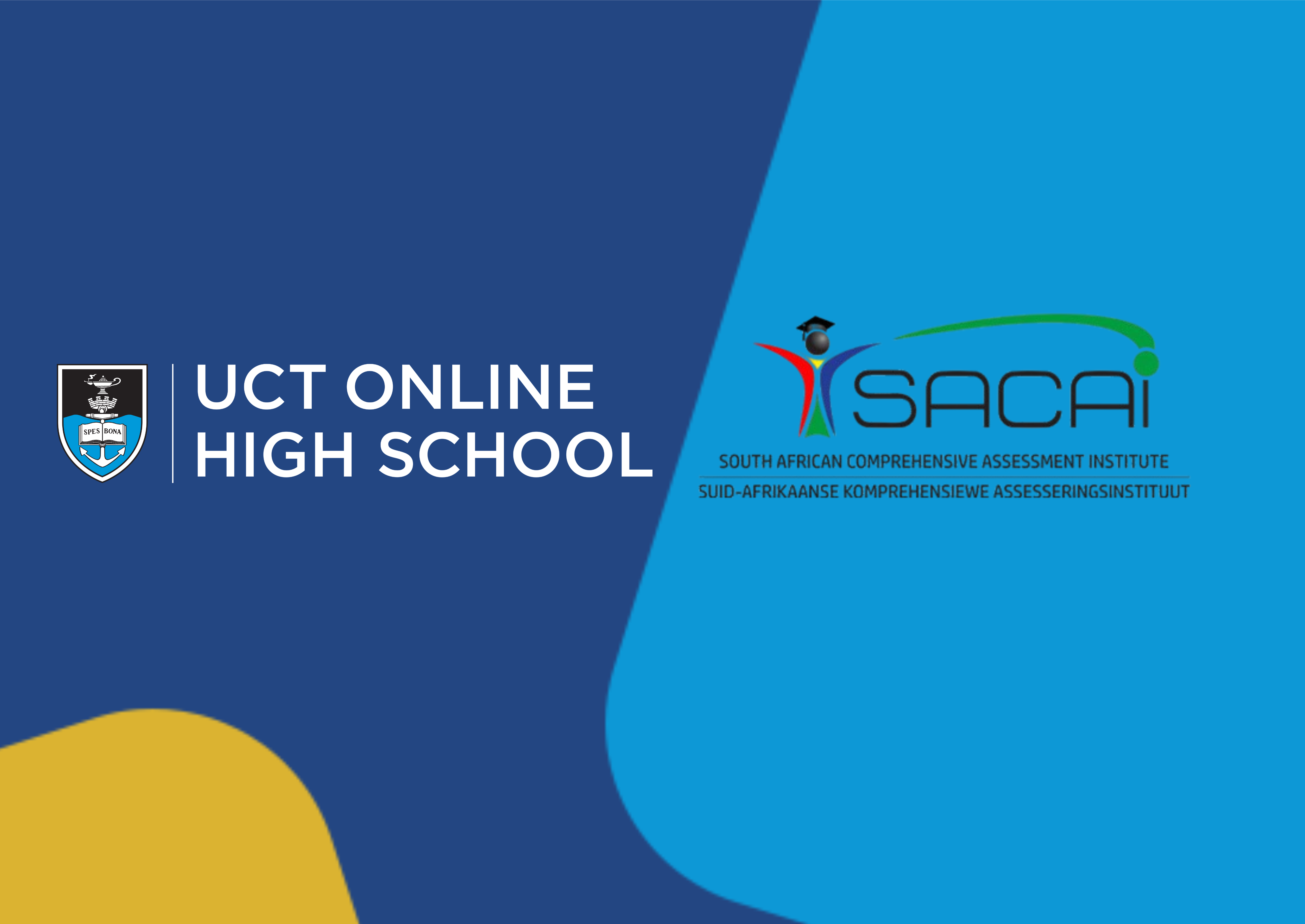By working hand-in-hand, corporations and the education sector can create scholarship opportunities that change lives.
Education is the bedrock of a thriving society. It can shape minds, open doors, and drive progress. But securing high-quality educational opportunities isn’t always easy.
This is especially true in the South African context – with its long legacy of inequality. And so access to a quality education remains difficult for the large majority of South African citizens.
While all sectors have a part to play in building the education sector, corporates can play a vital role by collaborating with sector stakeholders and creating scholarship opportunities for aspiring learners.
In this way, corporate South Africa can help break down financial barriers, nurture talent, bridge skills gaps, and contribute to community development.
And while corporate investment comes with gains for individuals, it benefits enterprises too. With contributions to education, these organisations help build a talented pipeline of leaders, innovators, and entrepreneurs that will boost the local economy in years to come.
Here’s how.
1) Bridging the financial gap
Education is the great equaliser, but the rising cost of education has put it beyond the reach of many talented learners.
By partnering with educational institutions on scholarship programmes, corporates can bridge the financial gap and create opportunities for deserving learners. This could be in the form of full or partial scholarships that cover tuition and even added extras like textbooks, uniforms, and other essential school supplies.
This is especially important in the South African context, where scholarship opportunities for primary and secondary education are scarce.
By working together, corporations and educational institutions can identify and support deserving learners and empower them to achieve their academic goals.
2) Nurturing talent and fostering innovation
Beyond individual benefits, these kinds of programmes also have knock-on effects for the business sector, and society at large.
By investing in talented learners, corporates can help nurture the next generation of leaders.
With the skills and opportunities that a quality education provides, these learners will be well-placed to drive innovation within the corporate world and beyond, and spur economic growth in the country at large.
3) Strengthening industry–education alignment
With a swiftly evolving world of work, educational institutions are faced with a challenge. They need to ensure that graduates are equipped with the skills and knowledge they’ll need to excel – often in new and emerging industries.
But by collaborating with the corporate sector, educators can ensure their programmes align with the needs of the job market.
By identifying any existing or emerging skills gaps, and supporting scholarships tailored to those fields, corporates can help keep education and training relevant and up-to-date.
As a result, these kinds of programmes can ensure graduates are in demand, prepared for the job market, and primed to fill any skill gaps in the industry.
4) Contributing to community development
By engaging in meaningful partnerships like these, corporations can make a tangible impact on society.
That’s because scholarship programmes can directly contribute to building an empowered, educated and skilled workforce.
This, in turn, fosters sustainable development and strengthens communities.
5) Creating a legacy of success
Scholarship programmes create a lasting impact on the lives of learners, their families and their communities.
A well-established scholarship programme can create a legacy of success, where the beneficiaries go on to achieve greatness in their respective fields.
In turn, this creates a positive ripple effect in broader society. By investing in education, corporations ensure a sustainable and prosperous future for future generations – where education truly knows no boundaries.





























